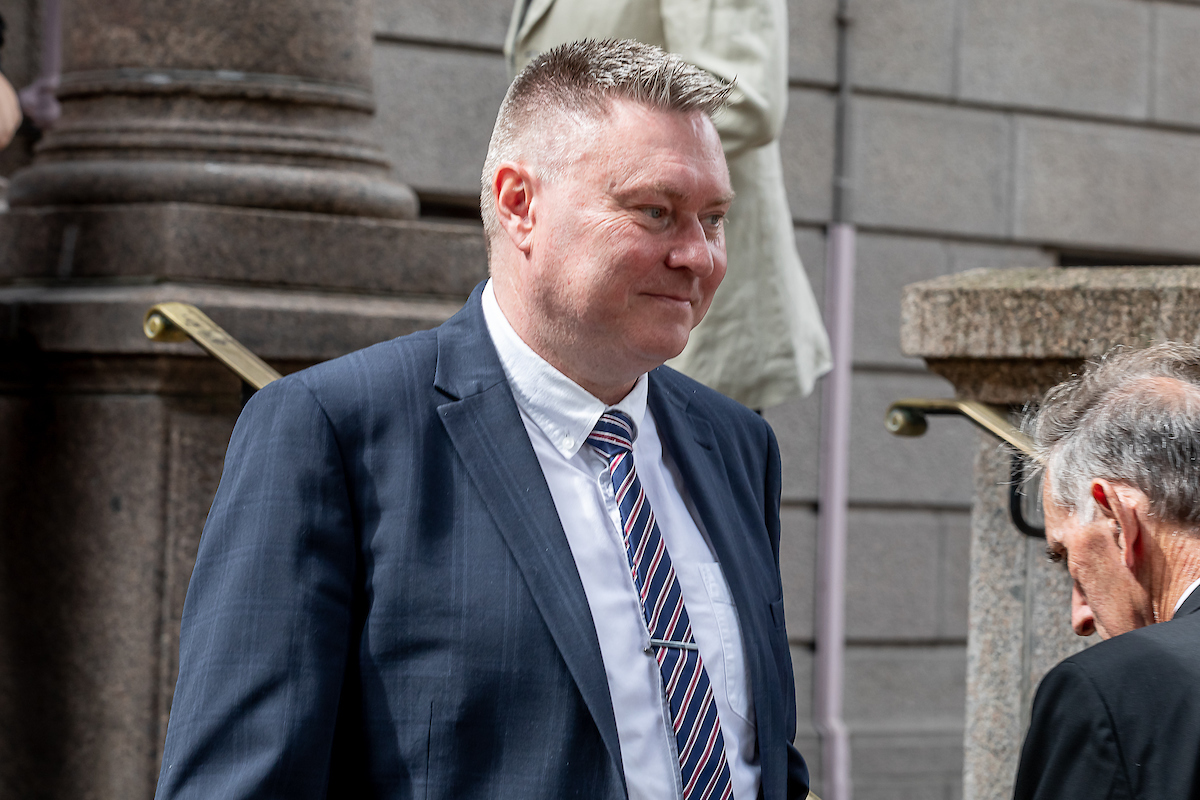


Politicians need better data on the economic value of high-value incomers in order to make informed decisions about the future of the fast-track residency scheme, a backbencher has argued.
Deputy Rob Ward said that he and his fellow Reform party members all supported a fairer tax system but it is difficult to assess the impact of ‘2(1)(e) residents on the information provided.
An answer to a formal written question he recently posed to Treasury Minister Ian Gorst revealed that high-value residents were estimated to have paid just over £25m in income tax last year.
High-value residents are given Entitled status by the Chief Minister, as long as they meet the criteria, and pay a minimum of £250,000 in Income Tax a year.
Last year, that £25.8m was 4.3% of the £599m of Personal Income Tax collected.
In the ten years to 2022, 190 applications were approved, 177 high-value residents arrived, and 34 departed.
Deputy Ward, however, said that a fuller picture was needed, including more details on how many residents were on the old 1(1)(k) scheme, when the tax rules were more flexible, and what their tax contribution was.
“Lower and middle-income earners are really struggling so we have to look at whether our tax system is out-dated and needs to change," he said.
"But that can only be done carefully and intelligently; and that requires the right data, which is lacking at the moment.”
Meanwhile, an EU-funded research group has proposed that a global 2% minimum tax on billionaires, who are operating on the “border of legality” by using shell companies to avoid paying their dues.

Pictured: "We have to look at whether our tax system is out-dated and needs to change," said Deputy Rob Ward.
The Paris-based EU Tax Observatory, which was set up three years ago to inform tax policy in the union, argues that billionaires have been pushing the limits of the law by moving certain types of income, including dividends from company shares, through holding companies that usually serve no other purpose.
In its recently published first report, the group said: “These holding companies are in a grey zone between avoidance and evasion.
“To the extent that they are created with the purpose of avoiding the income tax, they can legitimately be seen as closer to evasion.”
The group explained that offshore tax evasion by wealthy individuals has shrunk.
It said: “Thanks to the automatic exchange of bank information, we estimate that offshore tax evasion has declined by a factor of about three over the last ten years. This success shows that rapid progress can be made against tax evasion if there is the political will to do so.”
However, it added: “The global minimum tax of 15% on multinationals, which raised high hopes in 2021, has been dramatically weakened.
“Initially expected to increase global corporate tax revenues by close to 10%, a growing list of loopholes has reduced its expected revenues by a factor of two."
The EU Tax Observatory believe that a global minimum tax on billionaires, equal to 2% of their wealth, would raise close to US$250 billion – from less than 3,000 individuals – annually.
It also concluded that there has been a “large amount of profit shifting to tax havens, with no discernible effect of policies so far”.
The group is calling for a reform of the international agreement on minimum corporate taxation to implement a rate of 25% and remove the loopholes in it that foster tax competition.
Other recommendations include bringing in “mechanisms to tax wealthy people who have been long-term residents in a country and choose to move to a low-tax country”, creating a ‘Global Asset Registry’, and “strengthening the application of economic substance and anti-abuse rules”.
Comments
Comments on this story express the views of the commentator only, not Bailiwick Publishing. We are unable to guarantee the accuracy of any of those comments.